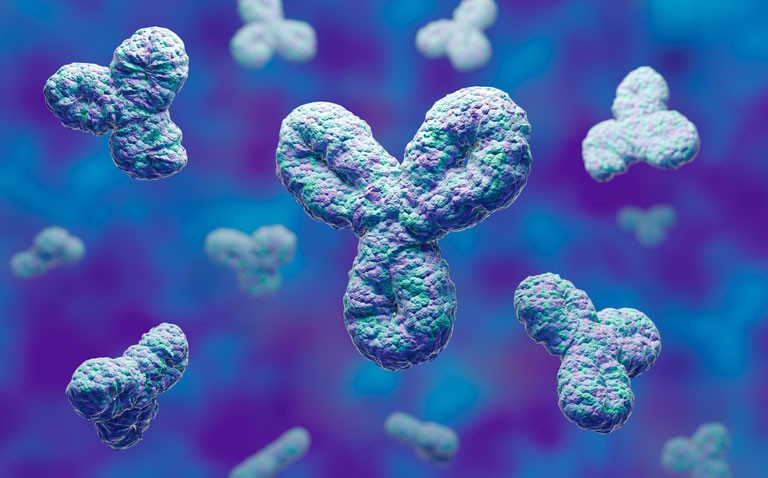Interim results indicate that the monoclonal antibody, nivolumab improves survival and stabilises cancer in patients with mesothelioma.
Although yet to be published, early results from the checkpOiNt Blockade for Inhibition of Relapsed Mesothelioma (CONFIRM) trial, show that use of nivolumab both increased survival and stablished the disease compared to placebo.
The incidence of mesothelioma, which develops in the lining of the lungs or abdomen, has risen in the UK by 61% since the early 1990’s and is due principally to the use of asbestos.
The cancer has a poor prognosis with data for England, suggesting that only 7% of patents with mesothelioma survive for longer than five years.
The cancer is normally treated with pemetrexed and cisplatin although where this approach fails, there is no recognised or standard therapeutic option.
In the CONFIRM trial, patients who do not response to this combination therapy are given the monoclonal antibody, nivolumab, which blocks the programmed cell death 1 receptor on activated T-cells, allowing these cells to continue to function. CONFIRM is a randomised, double-blind, placebo-controlled trial (nivolumab: placebo, 2:1) and includes patients with mesothelioma who have relapsed a second or third time after chemotherapy.
The phase 3 trial began recruiting between 2017 and 2020 and treatment with nivolumab was given at a dose of 240mg as a 30-minute IV infusion, every 2 weeks for up to 12 months and patients assigned to placebo receive normal saline.
The primary outcome measure for the trial was overall survival from randomisation to death from any cause.
Findings
A total of 332 patients were randomised, 221 to nivolumab. The interim results show that survival rates were 9.2 months vs 6.6 months (nivolumab vs placebo).
In addition, there were no new or unexpected side-effects reported although at least 73% of patients experienced at least one side-effect and the most common adverse effects were dyspnoea and pneumonia.
Only 13% of those randomised to nivolumab withdrew from the study because of side-effects. A further finding was that those given nivolumab had more stable disease and the risk of cancer progression was reduced by 39%. More details will be available once these interim results are published although the trial will end in June 2021.










